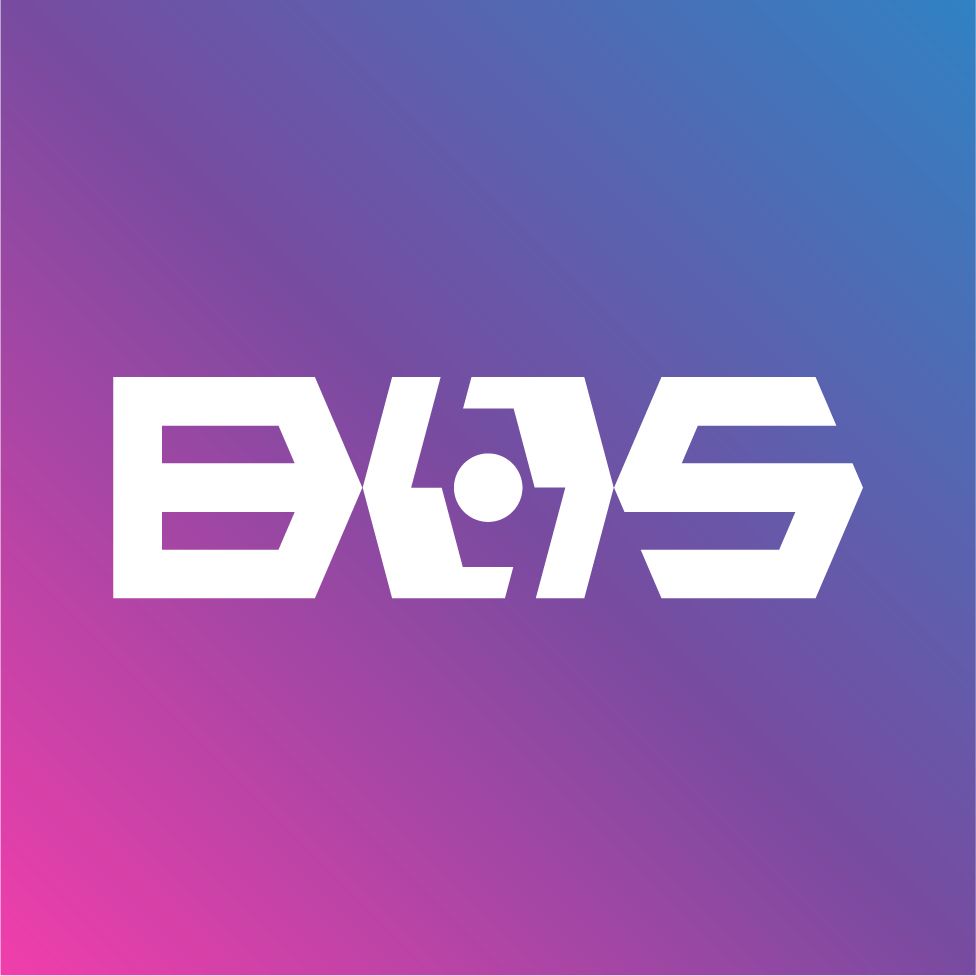185 reads
How Telecommunication Companies can Impact Defi and Staking
by
December 16th, 2022
Audio Presented by

The Blockchain Oracle Summit is the only event in the world to focus solely oracles.
About Author
The Blockchain Oracle Summit is the only event in the world to focus solely oracles.
